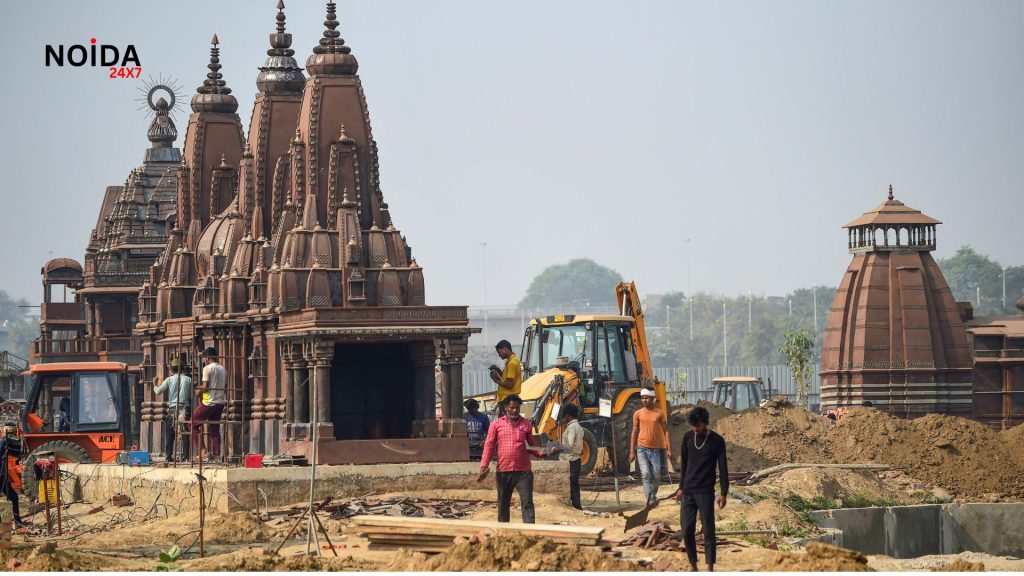As the preparations for the 2025 Maha Kumbh in Prayagraj, Uttar Pradesh, ramp up, authorities are implementing strict measures to prevent water pollution. The event, known for attracting millions of devotees, poses a risk to the Ganga River’s water quality. In response, the Uttar Pradesh Pollution Control Board (UPPCB) and the Central Pollution Control Board (CPCB) plan to shut down industrial units across the region.
The Scope of the Closures
Totaling 543 industrial units, this initiative affects 11 districts in western Uttar Pradesh. Among these, 74 factories in Greater Noida will be temporarily closed. The shutdown will occur from January 13 to January 26, 2024, lasting for 24 days. During this period, key bathing festivals will take place, and the decision aims to keep the Ganga River clean.
Objective of the Closures
The primary goal of these closures is to control pollution levels. Authorities want to ensure that no harmful industrial waste enters the river during the Maha Kumbh. The Ganga is vital for millions in India, both spiritually and ecologically. Thus, these precautions are essential for preserving its water purity during the event.
Monitoring and Enforcement
To ensure compliance, teams from the district administration will play an active role. They will collaborate with teams from UPPCB and CPCB to closely monitor factories and industries. Regular checks will be conducted throughout the shutdown period. Any factory identified as violating pollution control guidelines by discharging contaminated or colored water will face strict legal consequences.
Bhuwan Prakash Yadav, the Regional Pollution Control Officer, emphasized the importance of vigilance. He stated that the district-level monitoring committee and third-party inspectors will be responsible for inspections. If any factory operates despite the closure order, immediate actions will be taken to shut it down. This proactive approach reinforces the commitment to maintaining clean water during the auspicious occasion.
Affected Districts
The decision to close factories extends to several districts. Affected areas include Meerut, Baghpat, Bulandshahr, Ghaziabad, Hapur, Greater Noida, Muzaffarnagar, Shamli, Saharanpur, Bijnor, and Amroha. The widespread reach reflects the seriousness of the situation and the determination of local authorities to maintain water quality.
Each of these districts has been selected based on the proximity of industrial activities to the Ganga River. The possibility of industrial waste polluting the river during the Maha Kumbh was a key factor in the decision to enforce these closures.
Environmental Context
These restrictions highlight broader environmental efforts surrounding the Maha Kumbh. It’s crucial to balance the immense religious and cultural significance of this event with the need for ecological sustainability. Authorities recognize that the health of the Ganga is essential to the region. Without protective measures, the river, which holds spiritual importance, could suffer long-term consequences.
Community Involvement
Local communities are encouraged to engage in the monitoring process as well. Raising awareness about pollution and its impacts can foster a sense of guardianship among residents. Community members can partake in clean-up drives and report any violations they witness. This collaborative spirit can enhance the effectiveness of the authorities’ efforts and ensure a more successful event.



